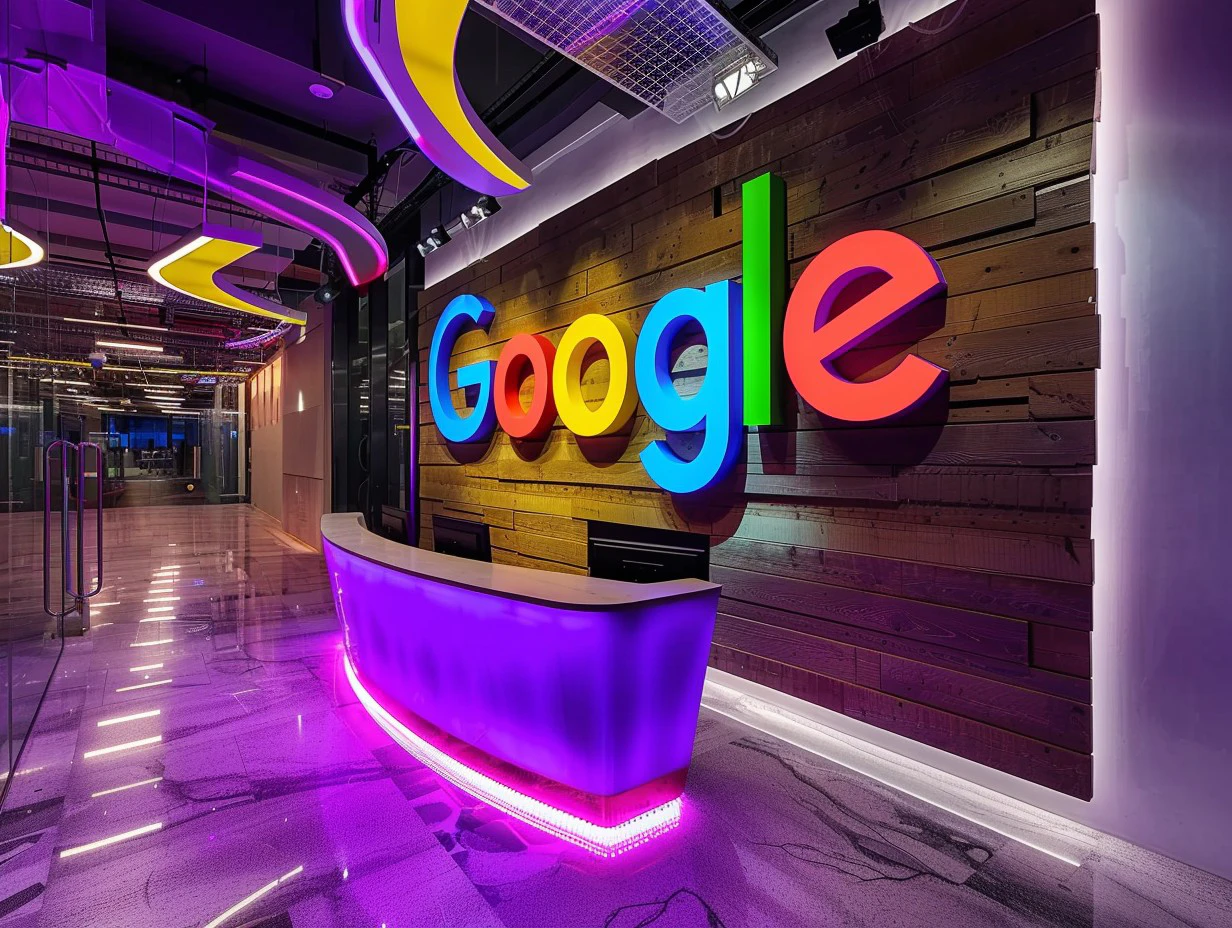Google revealed a preview of what might be one of the biggest updates to the search engine in its history at its recent I/O event. The company’s announcement confirmed the fears of publishers and bloggers over the past year.
Since the debut of ChatGPT and Google’s pursuit of AI, publishers have dreaded its impact on their web traffic. Their fear is based on their dependence on the search engine’s result listings in the current scenario.
In a feature Google calls Search Generative Experience, it will utilize AI models to aggregate and summarize content from the internet in response to search queries.
Users will see paragraphs of AI-generated content called AI Overview with a few links at the top of the results page instead of ten blue links, which are Google’s typical search results.
US Users Will Get AI Overviews This Week
Hundreds of millions of Americans will start to see summaries produced by the company’s AI technology at the top of the search engine results pages this week, starting a highly anticipated makeover. Google said more than a billion internet users will get the same results layout by the end of this year.
When users search for terms like “Moroccan steak preparation recipes” or “car rentals in New York,” the answers—driven by Google’s Gemini AI technology—will appear at the top of the search results page.
Also read: Could Google’s Call-Scanning AI Lead to Default Censorship?
Search results will show concise descriptions in response to queries, along with a list of links to further information and potential follow-up inquiries. While users will still get regular search results, they will still appear further down the page.
“AI Overviews appear in Google Search results when our systems determine that generative responses can be especially helpful—ffor example, when you want to quickly understand information from a range of sources, including information from across the web and Google’s Knowledge Graph. No action is needed for publishers to benefit from AI Overviews.” Source: Google.
These latest features are the most significant updates to Google’s search results page in years. They result from the corporation’s determination to package generative artificial intelligence (AI) into as many of its products as possible.
Users may also find it a popular feature; many have been using Google’s Search Labs program for months to test AI Overviews, and they have found them to be generally accurate and helpful.
Google Has Reasons for Its AI Integration
Products like Perplexity, which is an AI-powered search service, and rumors of OpenAI’s potential development of an AI search product may have forced the company to incorporate generative AI into its core business.
“If we can build a better search engine than Google, then we should,” said Sam Altman. Source: Lex Fridman
Google faced criticism for being late in leveraging AI, and the last straw might have been Microsoft’s support for OpenAI, integrating its ChatGPT into Bing search. Though Microsoft gained very little in terms of market share with this move, it at least put it ahead of Google in the AI race.
The company was under increasing pressure despite making significant strides in developing major AI models in-house. However, many perceive Google to be perfectionists, which at times goes against people who follow this path, as the company chose to wait for products to mature before releasing them.
Google initially rushed to launch its Bard chatbot, which later turned into Gemini. The same technology now powers its search. However, despite all the AI developments announced during its I/O event, its image generator remains offline due to racial bias concerns.
Meanwhile, OpenAI revealed its ChatGPT-4o, a model that understands visuals and voice commands, just a day before Google’s AI announcements.
Publishers Fear Losing Audiences and Revenue
A large portion of traffic to most major publishers comes from users looking for something on Google and clicking on related articles. You may have landed on this page through the same process. Publishers can then recoup their costs by selling subscriptions and advertisements, which funds the production of new content that Google can display to users looking for something new.
While many questioned the system for clickbait and useless links appearing in Google results for years, the system fared quite well overall. Expectations were that Google may not employ generative AI in its search business, which generates billions every year, because of its non-reliability.
“We see that the links included in AI Overviews get more clicks than if the page had appeared as a traditional web listing for that query.” Source: Google.
Experts estimate that due to the Search Generative Experience (SGE), ad revenue loss could go as high as $2 billion across the industry. While Google insists that links included in AI Overviews get a comparatively higher click-through rate, publishers are unconvinced.
Also read: Google Unveils Veo: Advanced in AI Video Generation
Publishers are concerned about Google’s claim that users now spend more time on search with AI integration. This means that when people find something they are looking for on a Google search page, they don’t bother to click on the website link that was the source of the summarized content.
While AI Overview is the dawn of a new era in the search industry, publishers’ fears are also justified for their own reasons. It has yet to be seen how this entire thing plays out.
Cryptopolitan reporting by Aamir Sheikh





